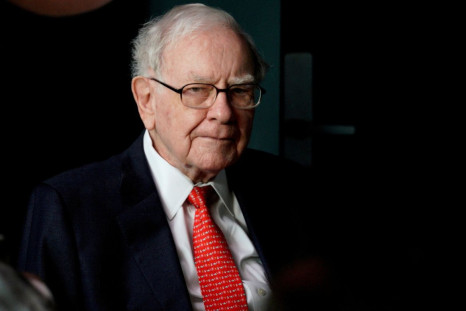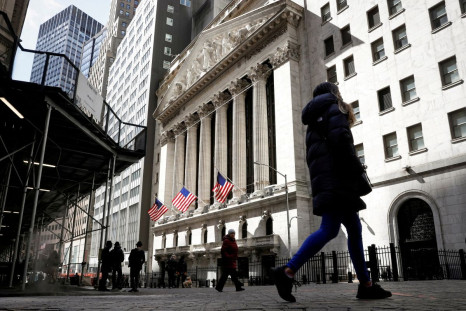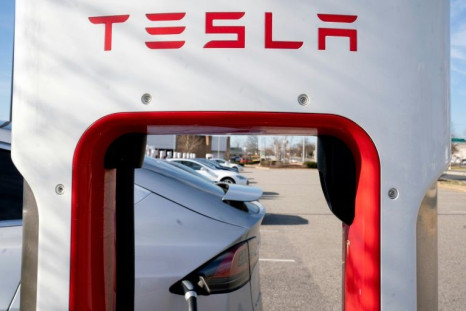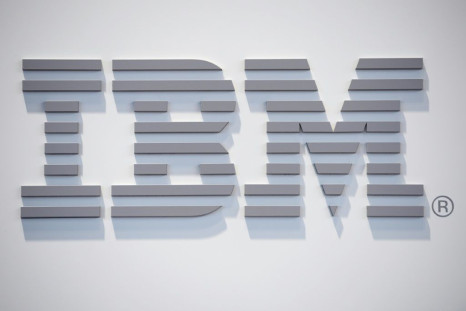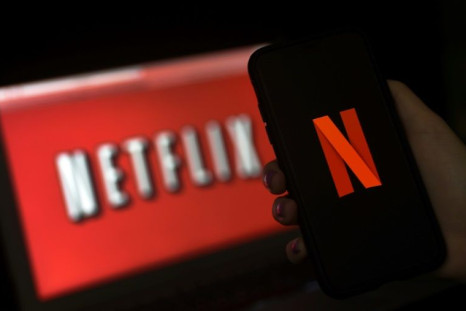After telling the Americans that inflation has been transitory for some time, the Federal Reserve on Wednesday recognized that it's a permanent problem and should be dealt with "expeditiously."
There's a reason why Uber and Lyft don't actually make much money.
Amazon's web services keep growing at robust rates to this day, but its e-commerce business is begging to grow slower.
A labor market report that will be released on Friday is expected to confirm that the U.S. economy continued to add jobs as the service sectors get back to normal.
The legendary investor talked about Wall Street turning into a casino during Berkshire Hathaway's annual shareholder meeting.
UN’s Food Index is currently at around 160, well below the 210 social boiling point but almost double where it was in 2015.
Earnings growth is in the single digits for the first time since the fourth quarter of 2020.
The FOMC is meeting amid several old and new challenges. First and foremost is inflation, which has turned from a transitory to a permanent problem.
China Brags About Cozy Relations With Russia Amid Ukraine Crisis, A Top Concern For Americans
Starbucks has evolved as the kind of place consumers see it as.
A rising dollar coupled with the end of stimulus checks helped push the U.S. economy into the negative territory in the first quarter of 2022, as March inflation remained elevated. If this trend continues, the American economy will be officially in stagflation.
Which country could be Russia's next target? How will the U.S. respond? What are the chances of the war spreading to NATO countries?
"Never let a crisis go wasted," so goes the adage in politics. Rather than joining America and its allies in sanctioning Russia for invading Ukraine, China is using "wolf diplomacy" to advance its international agenda.
JCPenney's proposed acquisition of Kohl's could lift the ailing retailer up, but it may not help it rise again.
A growing war of words between China and Japan over Taiwan has added pressure on the yen, helping the once-mighty currency fall from grace, risking a currency war in the region.
Diana Furchtgott-Roth, an economist who served as Deputy Assistant Secretary for Research and Technology at the U.S. Department of Transportation, has answers.
"A toxic corporate culture is by far the strongest predictor of industry-adjusted attrition and is 10 times more important than compensation in predicting turnover," read a recent report.
India could benefit more than China from the next phase of globalization.
Wall Street had a bad week, but is the worst of it over?
America warns China to steer clear of the Solomon Islands.
All major averages closed sharply lower, reversing early gains, with the tech-heavy NASDAQ and the Russell 2000 suffering the most significant losses.
Rapid expansion has helped Tesla scale up its operations, strengthening its competitive advantage, evidenced by a record 19% operating margin. That's more than twice the operating margins of Ford and General Motors, and Wall Street has noticed.
IBM is a much different company today than it was a decade ago.
Netflix has reached the end of the streaming services road, where there are no more subscribers to acquire as the competition closes in.
Profit margins and interest rates. Profit margins measure how effectively management deploys capital in whatever businesses they pursue, while interest rates calculate the cost of money raised for these projects.
A Global Times editorial published last week blamed the U.S.-led sanctions against Russia for rising food and energy prices, which have helped push Sri Lanka's economy off the cliff.
The oil market has a long history of booms and busts, driven by geopolitical events and business cycles.
JPMorgan's net earnings dropped by 42%, while Wells Fargo & Co. missed revenue estimates.
War could bring the world economy back to a state not seen since World War I.
Shanghai's lockdown could have a crippling effect on other world economies.
Editor's pick







